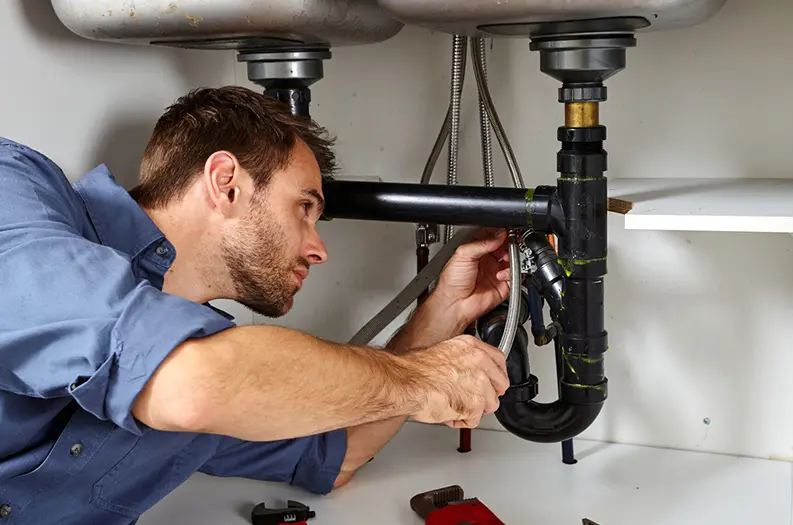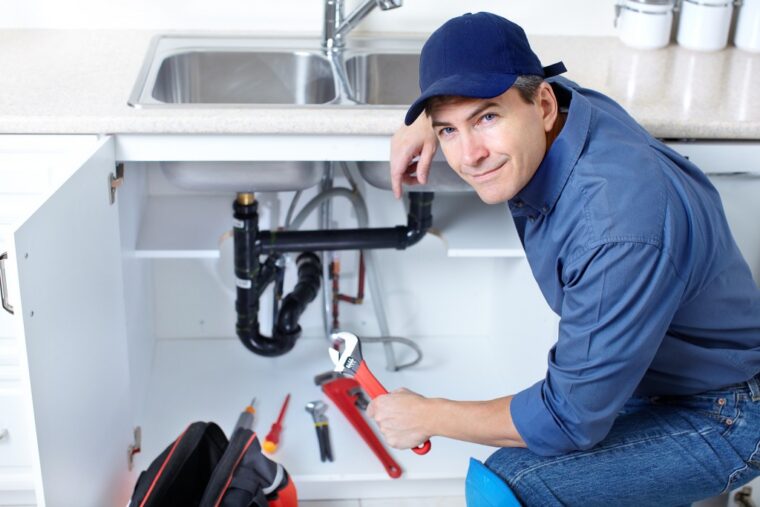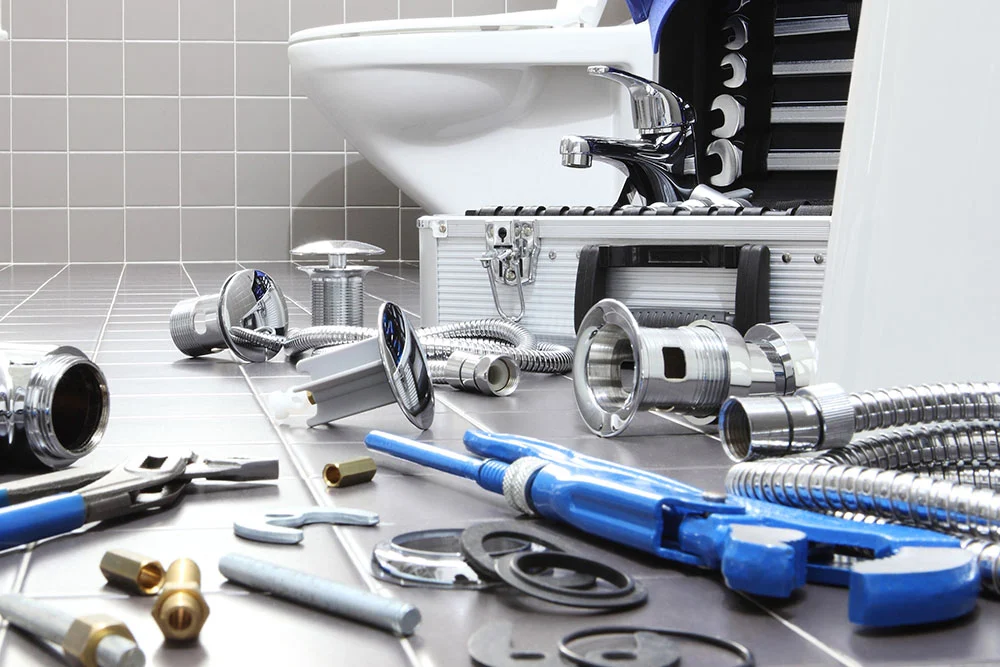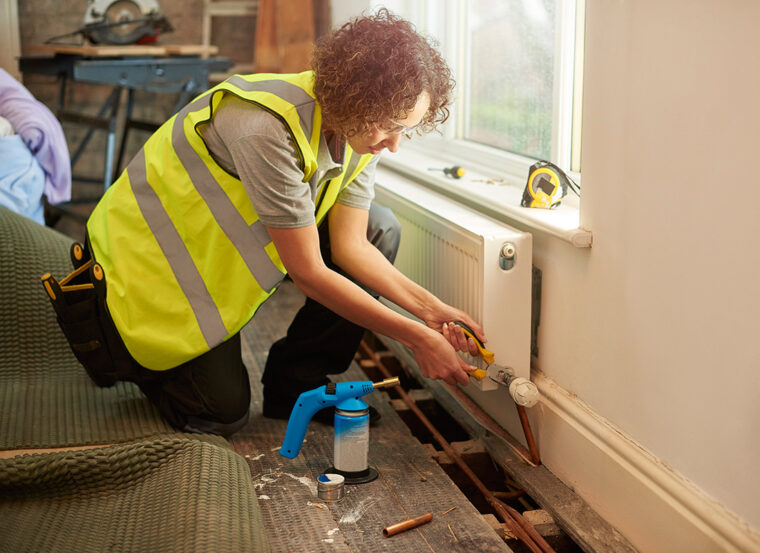In a world fraught with uncertainties, running a plumbing business is no exception. Plumbers are the unsung heroes of the maintenance world, dealing with issues that can often be messy and unpredictable. However, as crucial as their role is, it comes with a myriad of risks. From workplace accidents to client disputes, the need for insurance is not a mere afterthought—it’s essential.
This guide aims to shed light on various insurance options tailored for plumbers. Let’s navigate these protective waters together.
Types of Insurance Coverage

Plumbers, like all professionals, require specific types of insurance coverage to ensure that their business, clients, and employees are adequately protected.
- General Liability: Think of this as your foundational cover. It provides broad protection against claims of bodily injury or property damage resulting from your plumbing services.
- Professional Liability: For times when your work may be under scrutiny, this insurance covers claims of subpar work or professional negligence and it stands high in the pyramid of plumber insurance coverages.
- Workers’ Compensation: It safeguards you against the financial consequences of worker-related injuries or illnesses.
- Commercial Auto Insurance: Vital for those with company vehicles, it covers vehicular accidents and related liabilities.
- Umbrella: This is an ‘over and above’ cover, extending limits on your existing policies.
Each of these coverages serves distinct purposes and offers unique benefits. Choosing the right combination is paramount to comprehensive coverage.
General Liability Insurance

At the heart of protection for plumbers lies the General Liability Insurance. This coverage is crucial, especially when you think of scenarios like accidentally damaging a client’s property or if a third party gets injured at your worksite.
Protection Shield: General Liability Coverage acts as a shield against claims related to:
Bodily injuries: Say a customer slips on a wet floor where you’re working.
Property damage: What if you accidentally break an expensive antique while fixing a leak?
Personal injuries: Covers issues like slander or advertising mishaps.
Professional Liability Insurance

For plumbers, the stakes are high. A minor oversight can lead to significant issues, and this is where Professional Liability Insurance, or errors and omissions coverage, becomes invaluable.
Coverage Zone: This insurance defends plumbers against:
Claims arising from perceived subpar work.
Instances of professional negligence, like missing a crucial step during installation.
For example, if a plumber’s oversight causes a severe water leak leading to structural damage, the aggrieved party might claim the plumber’s services were substandard. Professional Liability Coverage can shield against such claims.
Workers’ Compensation Insurance

In the plumbing realm, physical risks are rampant. From slips and falls to severe burns, workers are at constant risk. Workers’ Compensation Insurance provides coverage for:
Medical expenses stemming from workplace injuries.
Lost wages during recovery.
Legal Mandate: Many states require businesses to have this coverage, with hefty penalties for non-compliance. For example, if a business doesn’t possess this cover, they might face fines or even jail time, depending on the state’s regulations.
Commercial Auto Insurance
For plumbers using company vehicles, Commercial Auto Insurance is indispensable. Here’s what it offers:
Liability: Covers costs if your vehicle harms another person or their property.
Collision: Provides repair costs post a vehicular accident, irrespective of fault.
Comprehensive: Covers non-collision-related damages, like theft or vandalism.
Cost-saving Tip: Bundle your vehicle insurances, maintain a clean driving record, or even consider higher deductibles to bring down your premiums.
Umbrella Insurance

Picture this: A claim arises that exceeds your existing policy limits. Umbrella Insurance steps in here. It’s an added layer, extending coverage beyond your current coverage capacities.
For instance, if a liability claim exceeds your general liability limit by $100,000, a suitable umbrella policy can cover this shortfall.
Tips for Choosing The Right Coverage
Selecting the right insurance is a nuanced task. Here are some practical pointers:
Assess Needs: Evaluate your business risks and choose coverages accordingly.
Compare Quotes: Don’t settle on the first quote. Compare offerings from multiple providers.
Understand the Policy: Ensure you’re clear on what’s covered and what’s not.
Consult Professionals: An insurance agent can offer insights tailored to your business needs.
